
Are You Looking for Sustainable, High-Performance Footwear Outsoles?
Discover TPU and the Rise of Sustainable Wet-Slip Outsole Materials Driving Footwear Innovation
The fundamental structure of footwear consists of three core elements: the upper, midsole, and outsole. TPU (Thermoplastic Polyurethane elastomer) has become extensively utilized in midsole applications owing to its outstanding elastic recovery properties and versatile manufacture ability.
With increasingly stringent environmental regulations worldwide, the footwear industry's strategic priority is advancing recyclable materials capable of preserving essential sole properties—including wear resistance, slip prevention, and energy return. TPU's inherent recyclability as a thermoplastic elastomer positions it as a prime candidate for circular manufacturing. This has catalyzed practical adoption of full-TPU and hybrid TPE footwear systems.
What Are the Challenges of Using TPU in Shoe Outsoles?
While TPU demonstrates significant advantages in shoe applications, replacing traditional rubber soles with TPU, especially for outsoles, this introduces new performance demands and brings new challenges to the material.
Outsoles experience direct ground contact in persistently moist and wet environments, necessitating superior wet slip resistance for user safety. Although TPU demonstrates excellent abrasion resistance and reliable dry traction, its compromised hydrodynamic drainage capability on wet surfaces fails to meet stringent operational and commercial performance benchmarks. This critical deficiency in wet-weather grip constitutes a major technological barrier preventing TPU from supplanting traditional rubber compounds in high-performance outsole manufacturing applications.
As the outermost layer of footwear directly contacting the ground, shoe outsoles must provide slip resistance, durability, and corrosion protection. However, as a thermoset material, rubber cannot be recycled or reused. Additionally, the midsole and outsole require separate molding processes followed by adhesive bonding. This not only increases manufacturing costs but also introduces bonding failure risks that compromise structural integrity and end-product quality.


Introducing Si-TPV Solution: A Recyclable, Wet-Slip Resistant, and Comfortable Material for TPU Outsoles
SILIKE Si-TPV—a Vulcanizate Thermoplastic Silicone-Based Elastomer — this sustainable elastomer material combines anti-slip properties with a non-tacky surface texture to ensure reliable traction even in wet conditions. Its engineered polymer matrix preserves flexibility and comfort during dynamic movements while delivering performance enhancements.
As a new thermoplastic silicone elastomer, it delivers a synergistic performance profile: It exhibits thermoplastic elastomer characteristics, including high strength, impact toughness, and wear resistance, while mimicking silicone's functional benefits such as soft-touch feel, UV degradation resistance, and chemical inertness. Unlike thermoset rubbers, this advanced material, as a sustainable elastomer, enables closed-loop recyclability within standard injection molding or extrusion systems.
The unique recyclable silicone-based elastomer material provides durable wear resistance alongside anatomical conformity, making it exceptionally suited for high-performance athletic footwearwork shoes, and precision sport equipment requiring uncompromised motion control under.
New Trend, New Possibility
Recyclable Thermoplastic Elastomers: From Innovation to Proven Performance
In April 2019, Adidas released the FUTURECRAFT.LOOP sports running shoes, which only use TPU as the material. The upper, midsole, and outsole are all made of TPU material, and the whole shoe is fully recyclable. This material can be crushed and granulated after recycled, and it can be used to produce news products, which solves the problem of plastic waste and comply low-carbon sustainability strategy policy. In addition, TPU, as a transparent material, offers great flexibility in both color matching and injection molding shapes. Given its versatility, TPU adoption in whole-shoe manufacturing is likely to become a future direction.
Now, with sustainable elastomer Si-TPV addressing TPU’s wet-grip weakness, footwear manufacturers can finally access a durable, anti-slip, and fully recyclable outsole material—a game-changer for both performance and sustainability.
Whether you're designing next-gen sneakers, safety footwear, or eco-friendly outdoor shoes, Si-TPV Slip-Resistant Elastomer offers the performance of rubber, the recyclability of TPU, and the future-ready features your customers expect.
Contact Amy Wang at amy.wang@silike.cn or visit www.si-tpv.com to learn how Anti-Slip Modifier Si-TPV helps create a more durable, comfortable, and sustainable solution for high-performance footwear outsoles and equipment.









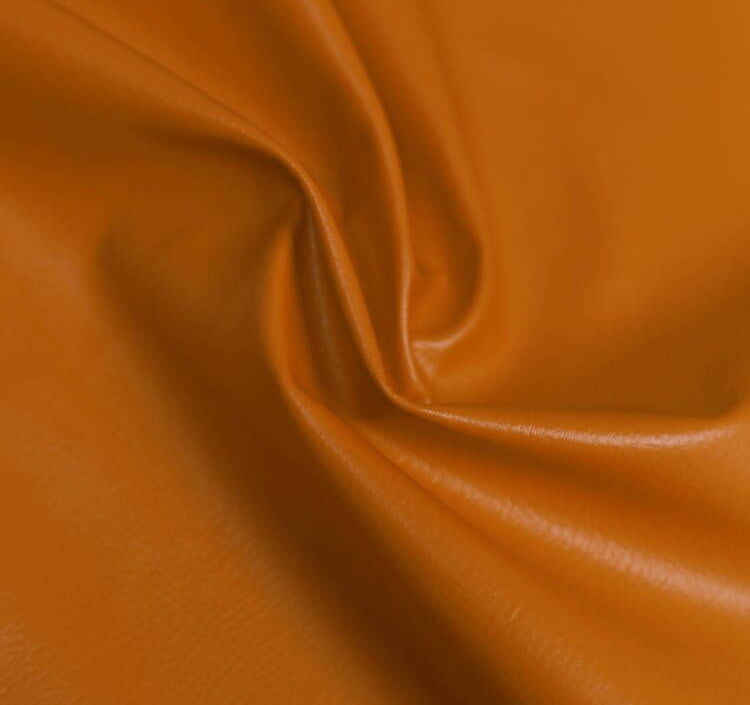






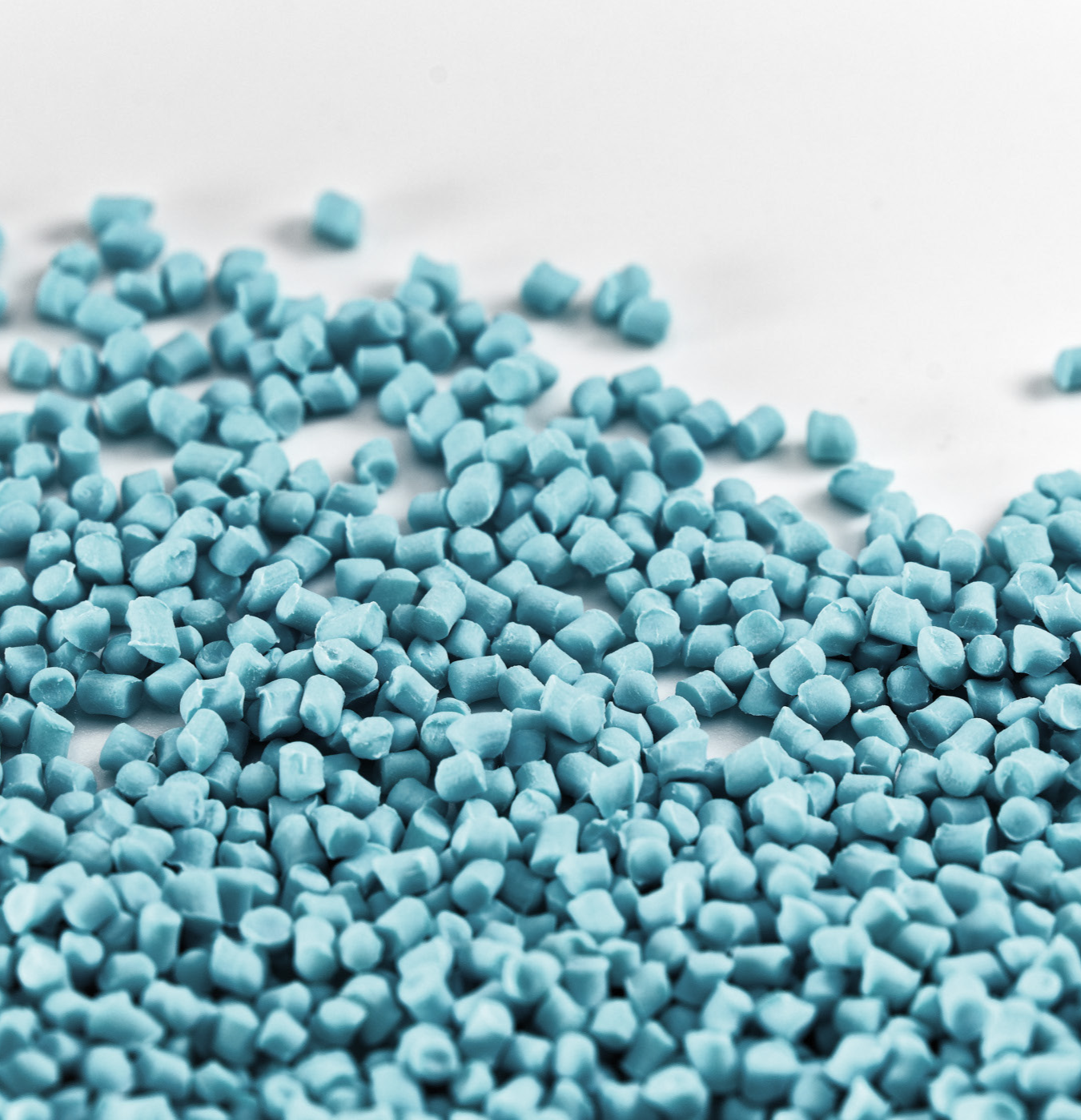
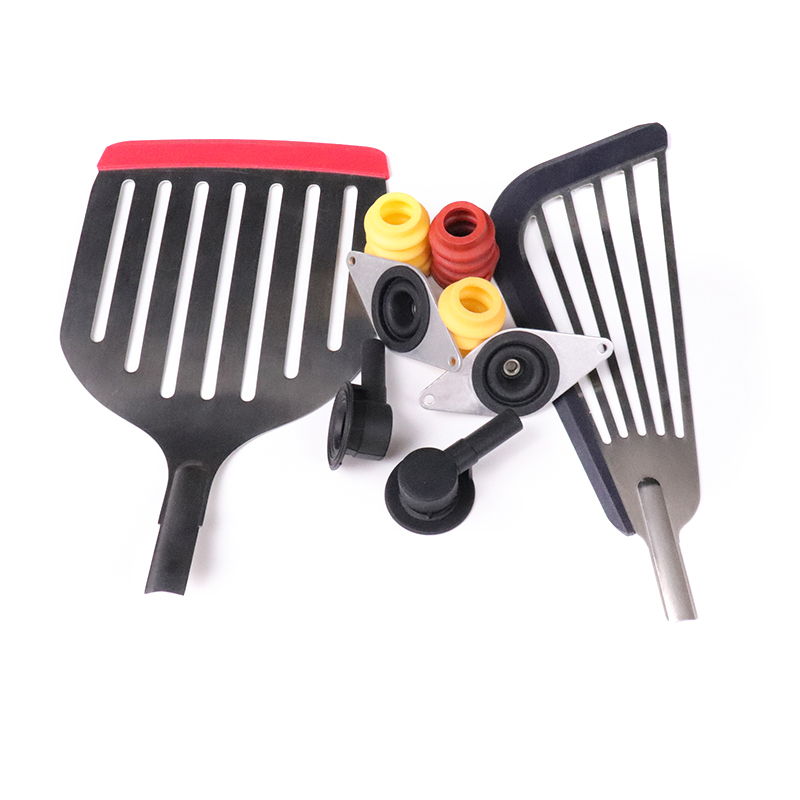

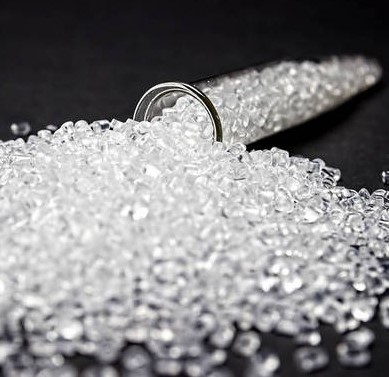



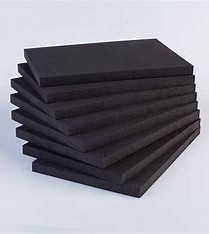



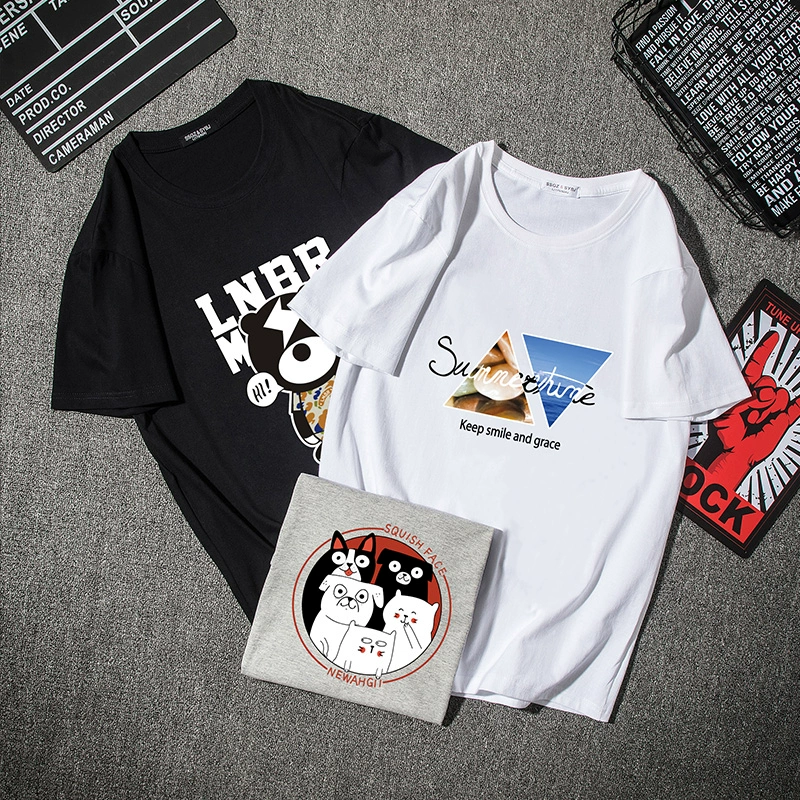
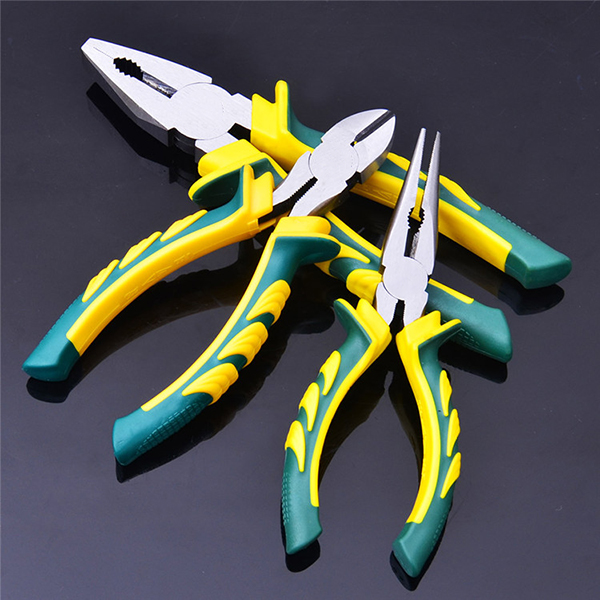
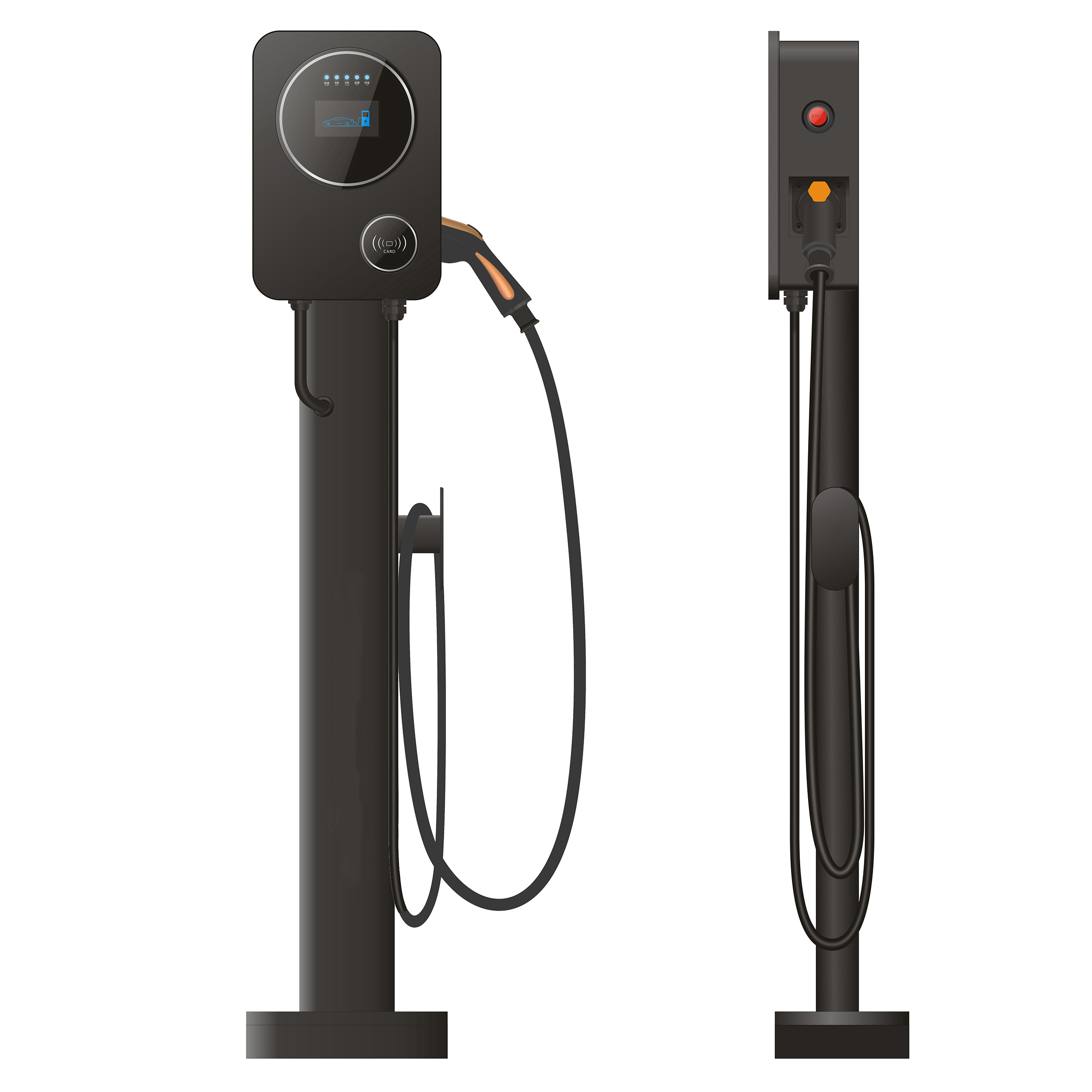











3.jpg)






